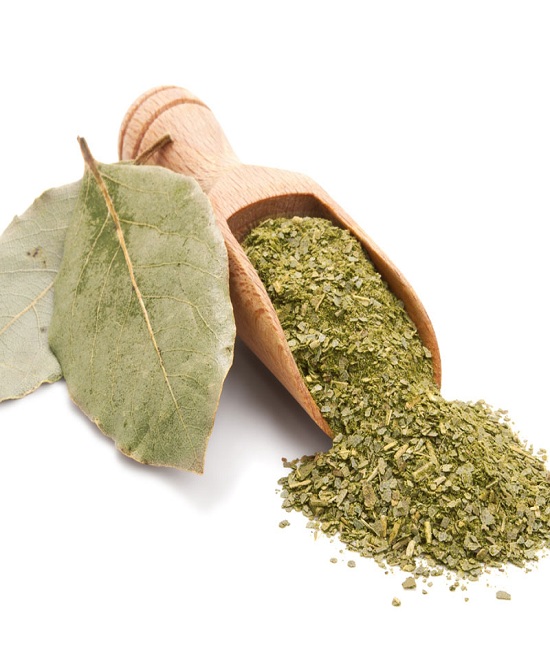The Greeks and the Romans recognized the therapeutic use of bay leaves quite early on. Though these leaves are primarily used as a seasoning in modern kitchens, they offer a wide range of other advantages as well.
Why you should put bay leaves on your radiators this winter?
Humidity control, indoor air purification, and pollution mitigation… There are a thousand reasons why airing out your home is a must at any time of year. When the weather becomes chilly, though, we often neglect this regular gesture… Terrible mistake!
There are alternative options if you don’t have the guts to let the cold air in, even if airing does assist get rid of unpleasant scents within your home. You could, for example, add a couple bay leaves… On your radiator.
The how-to-save-money website suggests placing bay leaf on a hot radiator for a few hours to get the full benefit. Alternatively, you can place them in a bowl of water and set that dish on top of the radiator, providing that the container can handle the heat.
All you have to do is pick some laurel from your garden or put some in your grocery cart the next time you go shopping…
Bay leaves not only mask unpleasant odors, but also keep your home clean and germ-free. Two birds with one stone!

Mineral and vitamin source
The spice is packed with vital nutrients like vitamins, minerals, and chemical compounds obtained from plants. Niacin, pyridoxine, pantothenic acid, and riboflavin are just a few of the vitamins that the spice is rich in.
Burning bay leaves has been a traditional method of stress relief for hundreds of years. The smoke produced by burning the leaves contains a mixture of compounds, including linalool, which, it is said, has a sedative effect on the central nervous system.

Digestive-friendly, antiseptic, and antioxidant component
Numerous volatile active components, including a-pinene, ß-pinene, myrcene, limonene, linalool, methyl chavicol, neral, a-terpineol, geranyl acetate, eugenol, and chavicol, may be found in this spice. There is evidence that these compounds can fight cancer, and there is also evidence that they are antimicrobial, antioxidant, digestive, and hepatoprotective.

Bay Leaves Are a Good Source of Vitamin C When Fresh
Many people don’t know that 100 grams of fresh leaves contains 46.5 milligrams of vitamin C, which is 77.5 percent of the recommended daily level. Ascorbic acid (vitamin C) is a potent antioxidant that helps neutralize free radicals in the body. Aside from its role as an antiviral and immune system booster, ascorbic acid also helps in wound healing.

Treatment for Arthritis, Muscle Pain, and Bronchitis
The essential oil’s constituents have a long history of usage in conventional medicine for everything from relieving aches and pains to curing respiratory illnesses and even the flu.

Beneficial to the Skin
The health of your mucosa and skin depend on it as well. Intestinal malignancies and cancers of the mouth and lungs may be warded off by eating plenty of vitamin A-rich whole foods.
Beneficial in alleviating gastrointestinal distresses such peptic ulcers, bloating, and colic.
Herbal infusions have long been used to treat gastrointestinal issues like ulcers, gas, and colic.
Excellent Vitamin A Source
In addition, 100 grams of bay leaves provides 206% of the daily value for vitamin A, at 6185 IU. Vitamin-A is a powerful antioxidant that keeps your eyes healthy.
Reduces Anxiety
Smoking these leaves produces a calming effect on the body and mind due to the synergy of its constituent compounds, particularly linalool.

